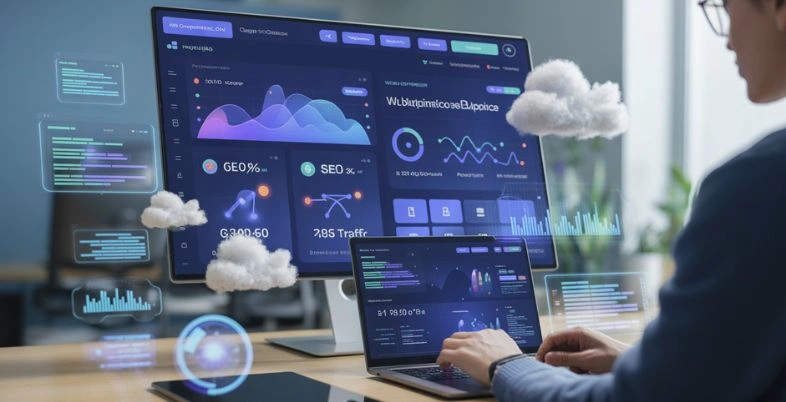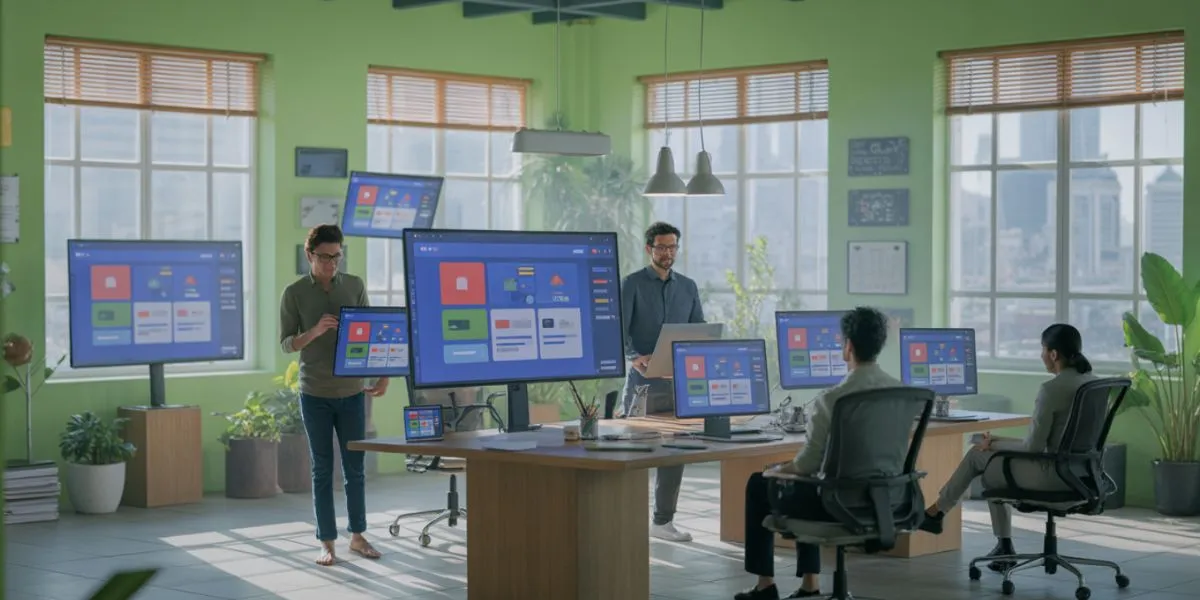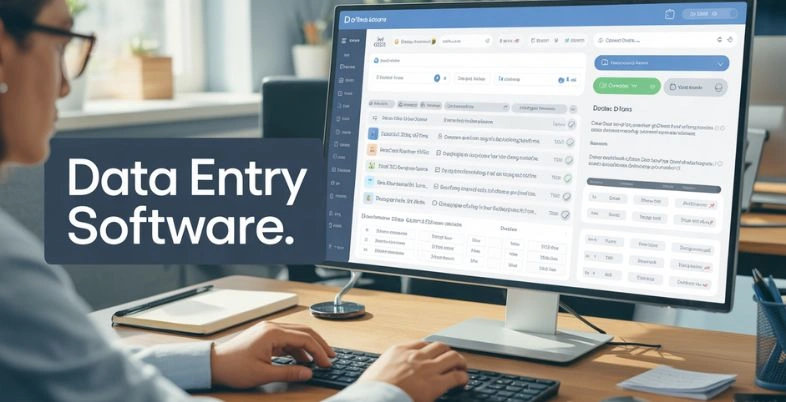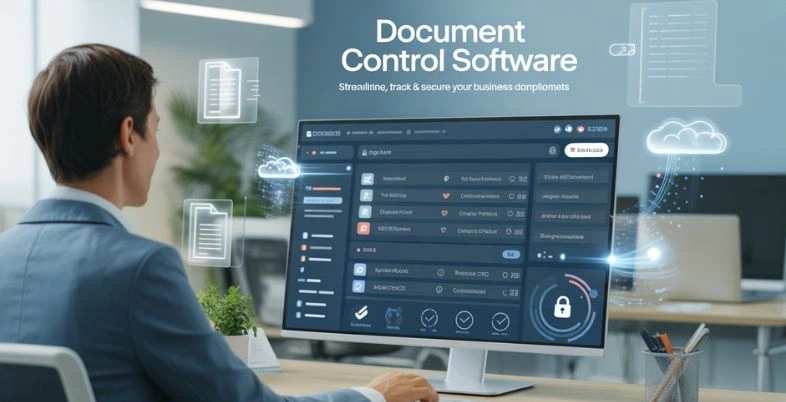The rise of SMS marketing has become the most effective means of direct communication that has offered unparalleled response rates, as 98 percent of all messages are read within three minutes of delivery.
In contrast to old-established email marketing, SMS marketing can deliver instant, personal communication that breaks through the digital noise. This is an addition to current email marketing tools to provide direct customer contacts in real-time and design a powerful multi-channel campaign. This article explains SMS marketing, its importance to contemporary businesses, successful case studies, and proven strategies that can make the difference in your customer engagement strategies.
Understanding SMS Marketing: What It Is and Key Types

SMS marketing is a type of direct marketing through which a text message is used to deliver a message to customers using the mobile phone. This permission-based marketing channel works based on explicit customer consent, usually through keyword opt-ins, web forms, or point-of-sale interactions, and would have better engagement rates than conventional marketing approaches.
Core Components of SMS Marketing
Successful SMS marketing is based on the knowledge of the basic mechanics of its work. Each campaign has to have clear customer permission, and it establishes a highly involved subscriber base. SMS marketing platforms are fully compatible with the email marketing tools that businesses have been using, which means that businesses can build coherent multi-channel marketing campaigns with capabilities such as contact management, message scheduling, delivery tracking, and performance analytics.
In contrast to email marketing, SMS marketing has been shown to deliver messages irrespective of internet accessibility; therefore, it is more reliable when time sensitivity is involved. SMS marketing has technical infrastructure that allows immediate delivery and visibility, avoiding the usual email deliverability problems.
Key Types of SMS Marketing Campaigns

Promotional SMS messages: They notice the sales, special offers, new products introduction, or the offers with time limits. The 160-character constraint compels marketers to create snacky, engaging messages with a strong sense of urgency to take action, and SMS marketing is best suited to flash sales and promoting urgent deals.
Transactional SMS messages: These are order confirmations, shipment notices, appointment and account alerts. These messages do not need express marketing permission, and SMS marketing would prove useful in customer service messages and operational updates.
Conversational SMS marketing: It gives two-way communications, which convert static one-way messages into interactive ones. This will enable customers to reply, pose questions, or seek certain information, thus making the customer more engaged with the SMS marketing.
Event-triggered SMS campaigns: They are messages that are sent in response to customer behavior or predetermined settings are event-driven, as are automated email programs. These SMS messages in marketing are used to respond to abandoned carts, birthday notices, or location-based alerts.
Modern SMS marketing platforms demonstrate this efficiency by providing unified API integration and the capability to handle high-volume campaigns, enabling businesses to scale their SMS marketing efforts cost-effectively.
Now let’s have a look at why it’s so important for businesses to focus on SMS marketing.
Why SMS Marketing Matters for Business?
The importance of SMS marketing does not limit itself to the remarkable open rates, but it has tangible benefits that complement the traditional marketing initiatives. The mobile devices that modern consumers are always carrying give them invaluable access to constant access to customers through SMS marketing.
Superior Engagement Metrics
Compared to email marketing, SMS marketing always performs well in most engagement measures. Whereas email campaigns usually garner 15-25% open rates, SMS marketing has a 98% open rate. The average click-through rate on SMS marketing campaigns is 19%, which is much greater compared to the average of 2-3% in email marketing. Turnaround times are also amazing, with 95 percent of SMS messages read in less than three minutes.
These high-quality metrics are directly related to business performance. Firms using SMS marketing in conjunction with current email initiatives have reported about an improvement in customer lifetime value, higher rates of conversion, and a rise in their satisfaction rating. The instant quality of SMS marketing allows business entities to take advantage of time-sensitive situations that could be overlooked using the slow methods of communication.
Enhanced Customer Experience
Compared with the traditional marketing methods, SMS marketing grants more personal and immediate customer experiences. Direct-to-phone communication is also utilized to ascertain that the messages are delivered to the customers regardless of customers’ checking email habits or inbox management systems. This reliability is especially useful regarding time-sensitive messages like appointment confirmation, notifications about deliveries, or flash sales.
Combining SMS marketing and email causes an overall mapping of the customer journey. SMS marketing can provide businesses with real-time notification and follow up with more detailed information by email, which forms coherent communication experiences that provide the advantages of both channels.
Cost-Effectiveness and ROI
SMS marketing can give a better rate of ROI than most conventional marketing programs. The reduced price per message, in addition to increased engagement rates, leads to efficient marketing expenditure. When SMS marketing is used correctly in combination with existing marketing strategies, the ROI will be seen by the business almost instantly.
SMS marketing lowers the resource demands due to the operational efficiency of the marketing method. SMS marketing messages are fast to develop and implement, unlike complex email campaigns that require long design and testing before being implemented, so that the business can be quick to respond to market opportunities.
Real-Life SMS Marketing Examples That Drive Results

Effective SMS marketing campaigns prove how companies can get amazing outcomes when using textual communication with customers. These practical applications demonstrate the applicability and success of SMS marketing in various industries.
Retail and E-commerce
SMS marketing in retail has proven to be an effective tool that can be used to make people make immediate purchasing decisions and also increase customer loyalty. It has been adopted by fashion and beauty brands in particular to offer some of the most customized experiences. The Sephora example is a solid one, as they use SMS to send specific product notifications and deals depending on the customer buying history and what they browse. Sephora has a far better engagement and conversion rate with messages that are crafted to individual interests, as opposed to email only.
Food Service and Restaurants
In the case of restaurants, SMS marketing allows rapid and immediate communication that is the most appropriate in time-sensitive dining. Big chains as well as local restaurants engage in text messaging to keep their customers informed on a real-time basis. Domino’s Pizza has made its mark through its use of SMS in order confirmations and tracking the delivery live. This is a spontaneous, service-oriented communication which comforts the customers throughout the process and has become a major ingredient of Domino’s image of convenience.
Medical Service Industry
Medical providers in the service industry use SMS marketing to enhance efficiency and care provision to patients. A strong example is Cleveland Clinic, which sends text messages to remind patients about their appointments, verify that the appointment is made, and even sends them information on follow-up care. These prompt and customized messages decrease no show rates, keep the patients interested in their treatment, and enable employees to concentrate on delivering higher quality services.
Retail, restaurants, and medical service providers are just some of the examples of how the needs of any industry are customized by SMS marketing. Be it to increase sales, enhance customer services, or decrease missed appointments, the urgency and personalization of SMS makes it one of the most effective communication tools in the contemporary world.
Proven SMS Marketing Strategies to Maximize Your Success
To create successful SMS marketing plans, one should know how to combine text messages with the current marketing activities without violating the peculiarities of each channel. Effective SMS marketing campaigns are both timely and relevant, so that each and every message contains some value to subscribers.
Personalization and Segmentation
The sophisticated segmentation methods are also useful in SMS marketing. As part of engaging with other marketing interactions, business is advised to segment SMS subscriber lists on the basis of purchase behavior, engagement history, demographic data, as well as preferences and tastes.
SMS marketing can be personalized in more than just the names of recipient names. Successful campaigns rely on purchase history, browsing history, and interaction data to send very relevant messages. Geographic segmentation can be used to carry out location-specific SMS marketing to supplement general campaigns. Companies that operate across multiple locations are able to send SMS messages regarding local activities, store deals, or local inventory availability without sacrificing brand message in regard to broad SMS marketing campaigns.
Timing Optimization and Frequency Optimization
In contrast to email marketing, SMS marketing should be properly considered in terms of time zones and daily activities of the recipients. Studies suggest that SMS marketing messages delivered between 10 AM and 8 PM record the highest engagement rates, whereas the best days to send messages are Monday through Thursday.
Frequency management is the key to SMS marketing success. Email will afford more regular communication, but SMS marketing will usually optimize best when using 2-4 messages per month to convey promotional messages. Transactional messages do not count with frequency limits, and this enables businesses to continue holding vital communication without overwhelming subscribers with too many SMS marketing content.
Creation of Content and Message Optimization
A successful SMS marketing content needs to be written by changing the copywriting technique to fit into the 160-character limit. Each and every word has to add meaning to the message, and this involves marketers reducing the broader message in promotional content into short and powerful calls-to-action, aligning them with overall content marketing strategies to achieve effective SMS marketing.
The most effective SMS marketing messages are simple in structure: hook, offer, and action. The hook is attention-grabbing, the offer is explicitly valuable, and the action gives the recipients the next action to take. This is the best structure to maximize the use of SMS marketing given the maximum character limits.
Combination with Multi-Channel Campaigns
The best SMS marketing programs are those that are incorporated with the already existing email programs and other mediums of communication. Cross-channel marketing involving SMS marketing alerts and extensive email follow-up have better overall engagement rates and conversion rates.
SMS marketing can be used by businesses to send alerts and announcements instantly and email as a source of detailed product information, learning materials, and heavy promotions. This complement strategy takes advantage of the strengths of each channel and gives customers full information using communication channels of choice, which gives SMS marketing the best effect.
The use of automated workflows with an SMS and email communication triggered by customer behavior results in an elaborate nurturing sequence. As an example, any cart can be abandoned with immediate SMS marketing reminders, and then continue with comprehensive email messages containing product images and reviews.
Conclusion
SMS marketing has become a significant part of overall digital communication practices, and it has been established as a powerful tool to be used with traditional email marketing to achieve maximum customer reach and business outcomes.
Combining SMS marketing with the already established email services results in the highly effective multi-channel campaigns and the ability to reach customers using a communication channel of their choice. With situational awareness of the various channel attributes and application of a time-tested channel segmentation, timing, and content development, business benefits through strategic SMS marketing are truly remarkable in their ability to enhance customer engagement, conversion rates, and marketing ROI.






